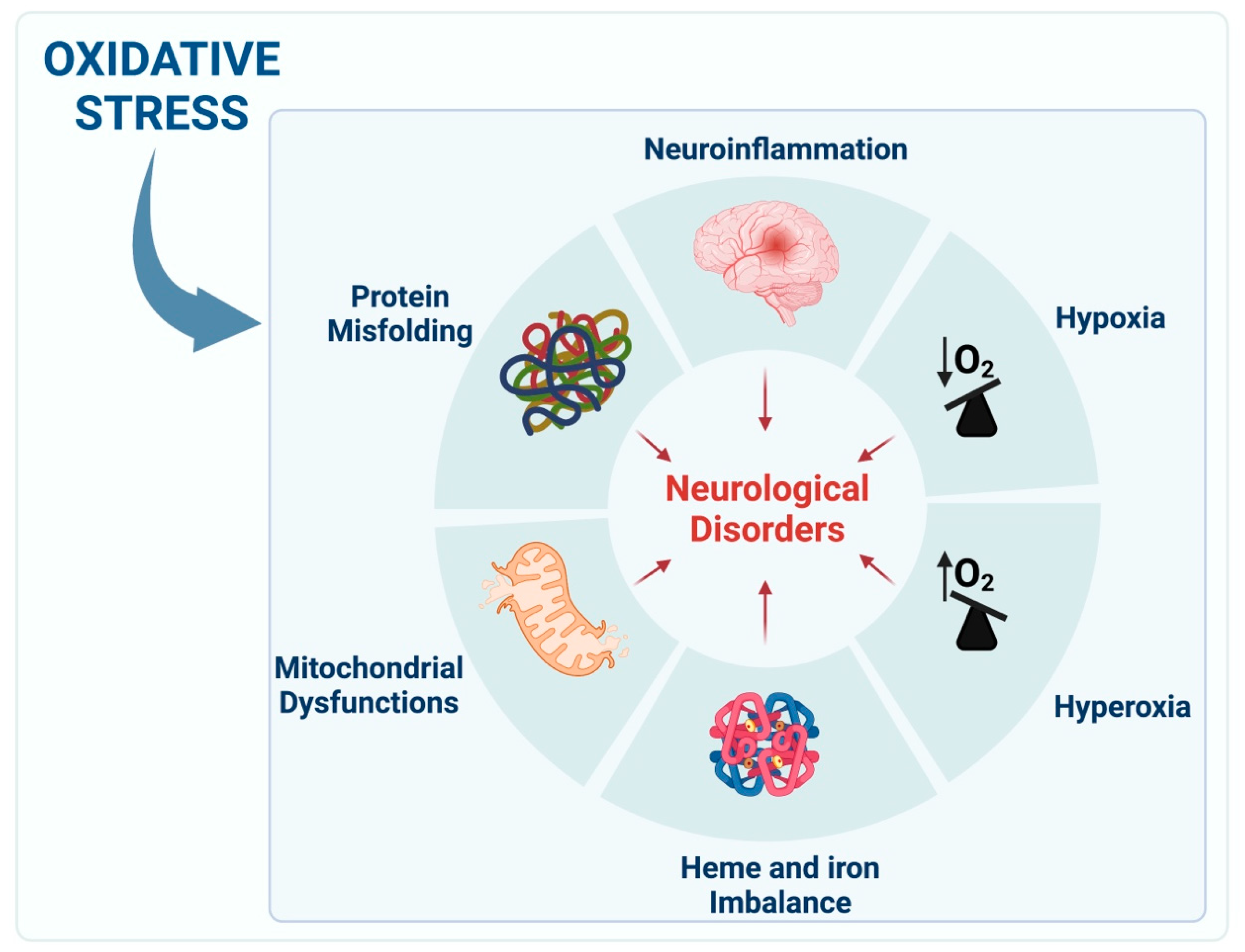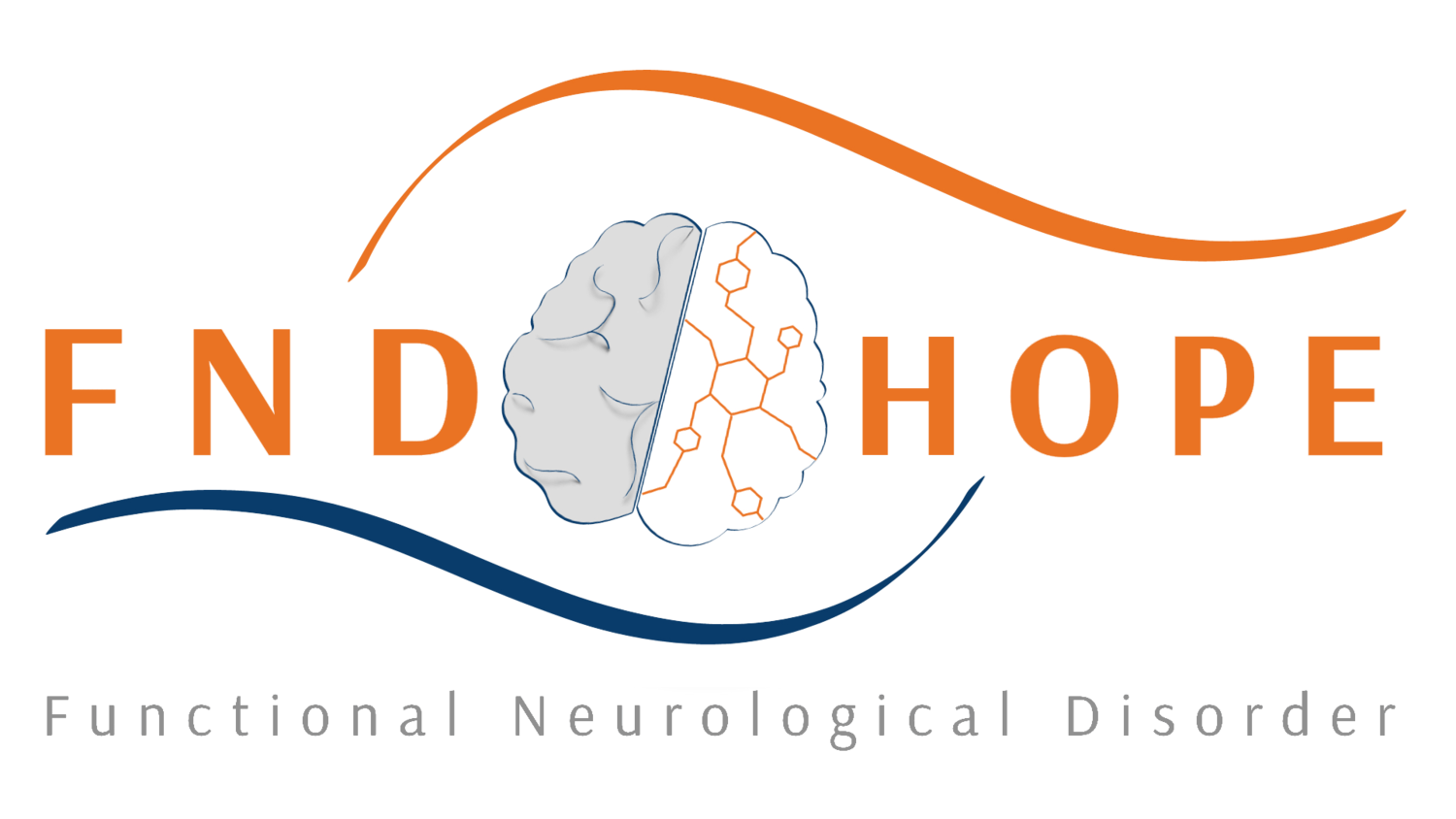Beat Brain Fog Effective Strategies for Mental Clarity
Introduction:
Feeling like your brain is wrapped in a fog, making it hard to focus and think clearly? You’re not alone. Brain fog can be a frustrating hurdle in our daily lives, affecting productivity and overall well-being. But fear not, there are effective strategies to combat this mental haze and regain clarity.
Understanding Brain Fog:
Before diving into solutions, let’s understand what brain fog is. It’s not a medical condition itself but rather a symptom characterized by confusion, forgetfulness, lack of focus, and mental clarity issues. It can be caused by various factors such as stress, lack of sleep, poor diet, hormonal changes, or underlying health conditions.
Prioritize Quality Sleep:
One of the most crucial steps in battling brain fog is ensuring you get quality sleep. During sleep, your brain consolidates memories, processes information, and clears out toxins. Aim for 7-9 hours of uninterrupted sleep each night, and create a relaxing bedtime routine to signal to your body that it’s time to wind down.
Fuel Your Brain with a Healthy Diet:
Your brain needs proper nutrition to function optimally. Incorporate brain-boosting foods into your diet such as fatty fish rich in omega-3s, leafy greens packed with antioxidants, nuts and seeds for healthy fats, and whole grains for sustained energy. Stay hydrated by drinking plenty of water throughout the day.
Stay Active:
Regular physical activity is not only beneficial for your body but also your mind. Exercise increases blood flow to the brain, delivering oxygen and nutrients essential for cognitive function. Aim for at least 30 minutes of moderate exercise most days of the week. Find activities you enjoy, whether it’s walking, yoga, dancing, or cycling.
Practice Stress Management:
Chronic stress can wreak havoc on your brain, contributing to brain fog and cognitive decline. Incorporate stress-reducing practices into your daily routine such as mindfulness meditation, deep breathing exercises, yoga, or spending time in nature. Prioritize self-care and set boundaries to prevent burnout.
Establish a Routine:
Consistency is key when combating brain fog. Establishing a daily routine can help reduce decision fatigue and provide structure to your day. Set specific times for waking up, meals, work, exercise, and relaxation. Stick to your schedule as much as possible, but allow for flexibility when needed.
Limit Screen Time:
Excessive screen time, whether it’s from computers, smartphones, or TVs, can contribute to mental fatigue and brain fog. Take regular breaks from screens throughout the day, practice the 20-20-20 rule (every 20 minutes, look at something 20 feet away for 20 seconds), and establish screen-free zones in your home.
Cultivate Mental Agility:
Keep your brain sharp by engaging in activities that challenge your cognitive abilities. This could include puzzles, brain teasers, reading, learning a new skill or language, playing musical instruments, or engaging in creative pursuits. Stimulating your mind regularly can help prevent cognitive decline and improve mental clarity.
Seek Professional Help if Needed:
If despite your best efforts, brain fog persists and significantly impacts your daily life, don’t hesitate to seek help from a healthcare





.jpg)







